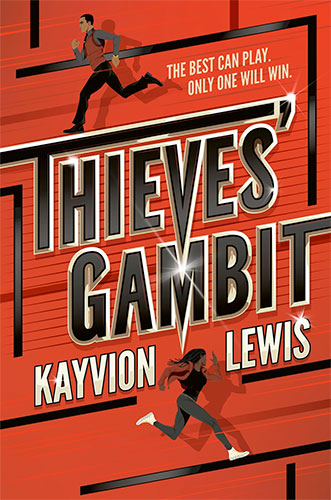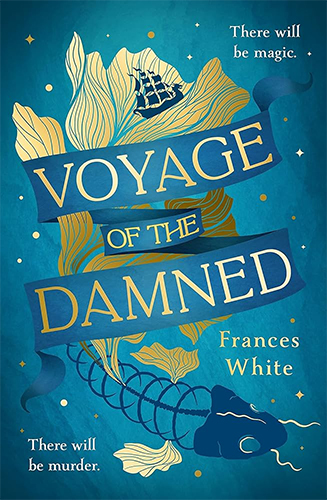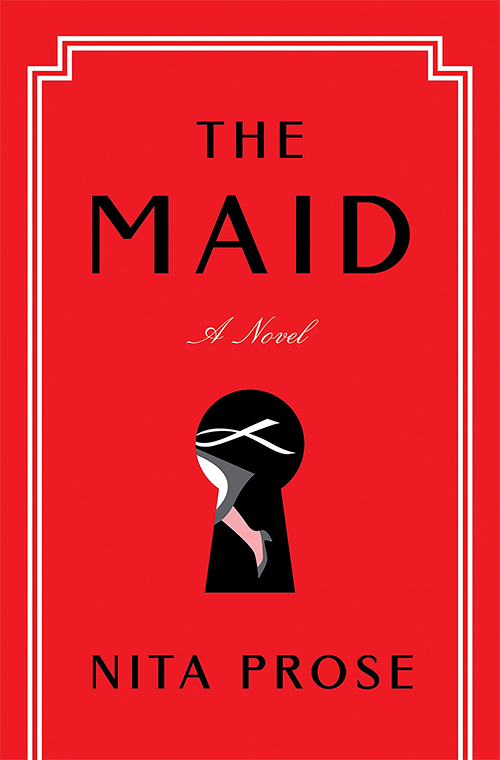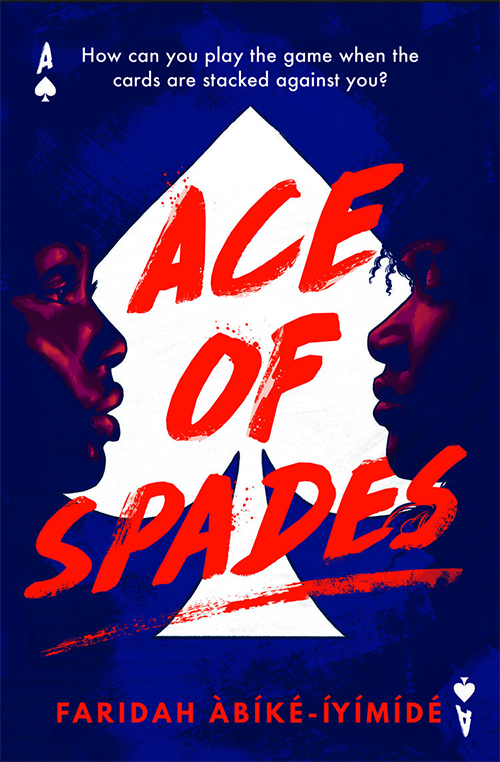Thieves’ Gambit by Kayvion Lewis is a young adult thriller that plunges readers into a vibrant, fast-paced world of high-stakes heists and intricate betrayals. It features seventeen-year-old Rosalyn Quest, or Ross, who belongs to an infamous family of legendary thieves. On the very night Ross resolves to escape her family’s criminal legacy, her mother is kidnapped. To rescue her, Ross enters the prestigious Thieves’ Gambit, an international competition of perilous challenges, extravagant heists, and ruthless opponents. Victory promises a single wish to the winner—and Ross’s best chance to save her mom. But as the competition escalates and alliances form and fracture, Ross must decide who to trust, and how much she’s willing to risk to win.

I was stealing my own future back.
Kayvion Lewis, Thieves’ Gambit
Right from the start, Ross emerged as my favorite part of this book. She’s tough, resourceful, and relatable. Her evolution from someone who staunchly follows the family rule—“if they’re not a Quest, they can’t be trusted”—to a character who cautiously opens herself up to others, feels genuine and rewarding. I really felt for her as she slowly learned through interactions with her new friends that the family she’s so fiercely loyal to has actually isolated her from the type of life she’s always wanted. The struggle to reconcile who you are with who you want to be is something so relatable.
However, this novel does face some hurdles. With its familiar heist and competition elements, it occasionally fails to establish its own identity distinct from similar stories in the genre. Lewis tees up some thrilling challenges for the Gambit, and it’s fun to watch Ross and the other competitors work through them. But Six of Crows, The Inheritance Games, and even Ocean’s Eleven have been floating around for years. I love a good heist, but the predictability of a less lethal Hunger Games often left me craving something uniquely fresh or surprising with this story.
If you’re not making friends, you’re making enemies.
Kayvion Lewis, Thieves’ Gambit
Another aspect that didn’t entirely hit the mark was the romantic subplot involving Devroe. Though Devroe had brief moments of intriguing vulnerability, his relationship with Ross lacked depth and chemistry. It felt somewhat superficial and rushed, making it difficult to root for them. Perhaps that’s partially due to all the characters actively competing against each other in challenges that rely on them outwitting their opponents. Still, I needed more than a charm offensive from Devroe. That said, I did enjoy the other secondary characters; Kyung-soon and Mylo were two favorites. Lewis’s diversity in character backgrounds and cultures is commendable and by far one of the best things about this book.
Ultimately, Thieves’ Gambit is an enjoyable read ideal for fans of heist adventures and fierce female leads. Though the romance underwhelms and some narrative choices slightly dull its shine, the clever plot, exciting heists, and layered protagonist make it a worthwhile pick.
Thank you to NetGalley and Nancy Paulsen Books for sharing an advanced reader copy of this book in exchange for an honest review.




